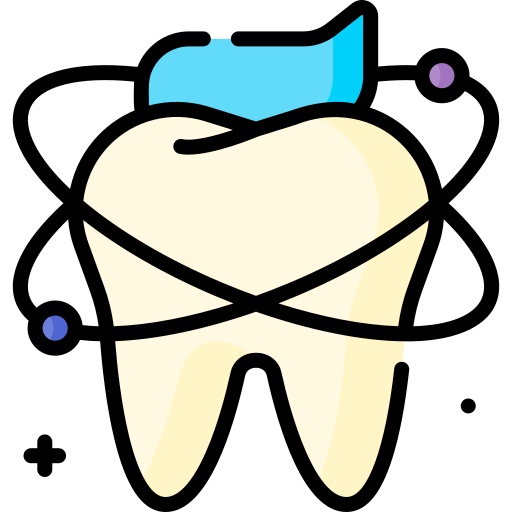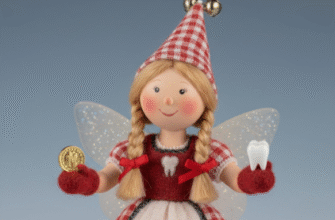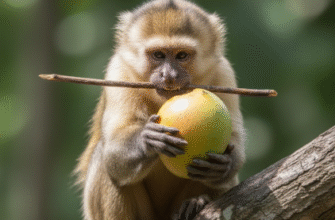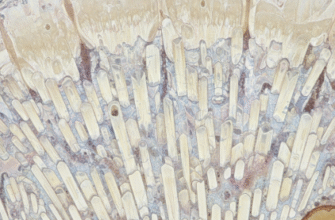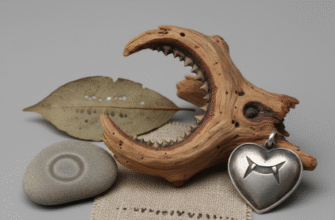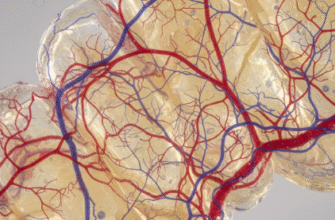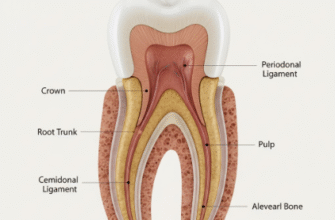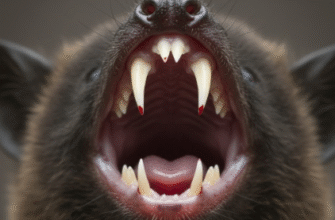It’s a common refrain heard from well-meaning parents and grandparents alike: “Oh, don’t worry about that baby tooth, it’s just going to fall out anyway!” This sentiment, while understandable, fuels a persistent myth – the idea that the premature loss of primary teeth, often called baby teeth, has no real bearing on the adult teeth that will eventually take their place. Unfortunately, this couldn’t be further from the truth. Those little pearly whites play a far more significant role in a child’s oral development than many people realize, and their early departure can indeed set the stage for future dental complications.
The Unsung Heroes: Why Primary Teeth Pack a Punch
Think of baby teeth not merely as temporary placeholders, but as crucial architects and guides for the developing mouth. They are busy at work from the moment they erupt, performing several vital functions that extend well beyond simply looking cute in a toddler’s smile. Dismissing their importance is like underestimating the foundation of a house; problems there can lead to bigger issues with the main structure later on.
Master Space Planners
Perhaps the most critical role of a baby tooth is that of a natural space maintainer. Each primary tooth reserves the precise amount of space in the jaw that its permanent successor will need. When a baby tooth is lost too soon – whether due to decay, injury, or other reasons – the neighboring teeth can begin to drift or tilt into the vacant spot. It’s like taking a book out of a tightly packed shelf; the other books tend to lean in and fill the gap. This drifting can partially or completely block the space intended for the underlying permanent tooth.
Guiding Lights for Permanent Successors
Baby teeth don’t just hold space; they also help guide the permanent teeth into their correct positions. The roots of baby teeth provide a pathway for the erupting adult teeth. When a baby tooth is missing, the permanent tooth loses this guide and may erupt crooked, in the wrong place, or sometimes, it might not be able to erupt at all, becoming impacted within the jawbone. This is why dentists are often concerned when a baby tooth comes out significantly before its scheduled time, usually indicated by the loosening of the tooth naturally.
Shaping Jaws and Faces
The presence and proper function of baby teeth contribute to the normal growth and development of the jawbones. Chewing with these teeth stimulates the bone and muscles, helping the jaw to develop fully to accommodate the larger permanent teeth. The early loss of multiple baby teeth, especially in certain areas, might subtly influence facial development, though this is a more complex interaction involving many factors.
Little Announcers: Helping with Speech
Baby teeth, particularly the front ones, play an essential role in speech development. They help children form sounds and pronounce words correctly. Missing teeth can sometimes lead to temporary speech impediments or lisps as the child learns to talk. While often adaptable, the correct positioning of teeth makes articulation easier.
First Steps in Chewing and Nutrition
It might seem obvious, but baby teeth are crucial for chewing food properly. Efficient chewing not only helps with digestion but also allows a child to eat a varied and nutritious diet. If a child has pain from decayed baby teeth or has lost several teeth prematurely, they might avoid certain foods, potentially impacting their nutritional intake. This underscores the importance of keeping baby teeth healthy until they are ready to exfoliate naturally.
When a Tiny Tooth Takes an Early Bow: The Domino Effect
So, what exactly happens when that “it’s just a baby tooth” mentality leads to ignoring an early loss? The consequences can range from minor orthodontic issues to more complex dental problems down the line. It’s a domino effect where one seemingly small event can trigger a cascade of others.
The Great Tooth Migration
As mentioned earlier, teeth are not static; they respond to changes in their environment. When a space opens up unexpectedly, the teeth on either side of the gap, and sometimes even the tooth opposing it in the other jaw, may begin to shift. This isn’t a rapid, visible movement overnight, but a slow, steady creep that can significantly reduce the available space for the incoming permanent tooth. This process is one of the primary reasons dentists are concerned about premature loss.
Roadblocks for Adult Arrivals
If the space for a permanent tooth becomes partially or fully closed off due to drifting, the permanent tooth encounters a roadblock. It might try to erupt anyway, leading to it coming in at an angle, behind or in front of other teeth, or it might become impacted. An impacted tooth is one that is stuck in the jawbone and unable to erupt properly into the mouth. Wisdom teeth are commonly impacted, but any tooth can suffer this fate if its path is obstructed.
The premature loss of baby teeth is not a minor issue to be dismissed. It can lead to a cascade of dental problems, including crowding, misalignment, and impacted permanent teeth. These issues often require more extensive and costly orthodontic treatment later in life to correct.
Crowding and Crooked Smiles
The most common and visible consequence of premature baby tooth loss is dental crowding. When permanent teeth don’t have enough room to erupt properly, they come in crooked, rotated, or overlapping. This not only affects the appearance of the smile but can also make teeth harder to clean, increasing the risk of cavities and gum disease in the permanent dentition. What might have been a straightforward dental development can turn into a complex orthodontic case.
The Problem of Impaction
An impacted tooth can cause various problems. It can damage the roots of adjacent teeth, lead to the formation of cysts, or cause pain and infection. Treatment for an impacted tooth can range from surgical exposure and orthodontic guidance into place, to extraction if it cannot be salvaged or is causing significant issues. This is a far cry from the simple, natural process of a baby tooth falling out and a permanent tooth taking its place smoothly.
Why Do Baby Teeth Go AWOL Ahead of Schedule?
Premature loss of baby teeth isn’t always just a fluke of nature. Several factors can contribute to a baby tooth being lost before its permanent successor is ready to erupt.
The Cavity Culprit
Dental caries (cavities) are a primary reason for the premature loss of baby teeth. If decay is extensive, the tooth structure can be weakened to the point where it breaks down or becomes infected. In some cases, a severely decayed or infected baby tooth may need to be extracted by a dentist to prevent pain, the spread of infection, or damage to the developing permanent tooth underneath. Sugary diets and inadequate oral hygiene are major contributors to cavities in young children.
Tumbles and Traumas
Childhood is full of adventures, and sometimes those adventures lead to bumps, falls, and injuries to the mouth. A direct blow to a tooth can knock it out immediately or loosen it to the point where it falls out prematurely later. Sports injuries, playground accidents, or even a simple trip and fall can result in traumatic tooth loss. Prompt dental attention after any such injury is important.
Underlying Conditions
In some rarer instances, certain systemic health conditions or genetic factors might influence the timing of tooth exfoliation. If a child seems to be losing baby teeth much earlier than typical developmental milestones without obvious cause like decay or trauma, a dental consultation can help determine if there are any underlying concerns that need to be addressed.
Protecting Those Precious Primary Pearly Whites
Given the crucial roles baby teeth play, it’s clear that they deserve the same care and attention as permanent teeth. The good news is that many instances of premature loss, especially those due to decay, are preventable.
The Power of Prevention
Good oral hygiene should begin as soon as the first baby tooth erupts. This includes:
- Brushing twice a day with a fluoride toothpaste (amount appropriate for age).
- Cleaning between teeth once daily when teeth start to touch.
- Providing a balanced diet that limits sugary snacks and drinks.
- Avoiding putting a baby to bed with a bottle of milk, formula, or juice.
Regular Dental Visits: Your Ally
The American Academy of Pediatric Dentistry recommends a child’s first dental visit by their first birthday or within six months of the first tooth erupting. Regular check-ups allow the dentist to monitor oral development, provide preventive care like fluoride treatments and sealants, catch cavities early when they are easier to treat, and offer guidance on home care. They can also assess if a prematurely lost tooth might cause future problems.
When Early Loss Happens: What Dentists Might Consider
If a baby tooth is lost too early, a dentist will assess the child’s age, which tooth was lost, and the development of the permanent teeth. In some cases, especially if the permanent tooth is not expected to erupt for a long time, the dentist might recommend a space maintainer. This is a custom-fitted appliance, either fixed or removable, designed to hold the space open to allow the permanent tooth to erupt correctly. It’s a proactive measure to prevent future crowding and misalignment.
In conclusion, the old wives’ tale that losing baby teeth early is of no consequence simply isn’t accurate. These small but mighty teeth are fundamental to healthy oral development, guiding the way for a lifetime of healthy smiles. Protecting them from decay and injury, and seeking dental advice if they are lost prematurely, can save a lot of trouble – and expense – down the road. Baby teeth truly do matter, paving the path for their permanent successors in ways we should not underestimate.
